
I often get asked about the connection between menopause and weight gain in women. Sometimes, this is from people who are going through the stages of menopause, and other times, it’s people worried about how the symptoms of menopause may impact them in the future. Menopause is a natural biological process that marks the end of a woman’s reproductive years, often bringing with it significant changes, one of which can be weight gain. I’ve put together some helpful information on this topic, including the menopause diet 5 Day Plan to lose weight, which is specifically designed to address menopausal symptoms and help manage weight effectively. This approach focuses on nutrient-dense foods, a balanced diet, and lifestyle changes to support overall health during the menopausal transition.
As always, before undertaking any kind of weight loss or lifestyle change, it is always best to speak to a medical professional who is best suited to give personalised advice on your individual health needs and health issues. The menopause diet five-day plan to lose weight is just an example of what foods you could eat. For further information on menopause, visit the NHS website here.
What Is Menopause?
As we have discussed, menopause is a natural biological process that essentially marks the end of a woman’s reproductive years. It typically occurs between the ages of 45 and 55, although it can vary widely, and there is no hard and fast rule. It is defined by the cessation of menstrual periods for 12 consecutive months and is primarily driven by a decline in the production of ovarian hormones, particularly estrogen and progesterone. This hormonal shift leads to the end of ovulation and menstruation, which signals the end of a woman’s fertility.
The period leading up to menopause, known as perimenopause, can last several years and is characterised by irregular menstrual cycles and various physical and emotional symptoms that accompany it. You may have heard of these symptoms, but they include hot flashes, night sweats, mood swings, sleep disturbances, and vaginal dryness. Additionally, the decrease in estrogen levels can lead to long-term health concerns such as increased risk of osteoporosis and heart disease, which is why looking after your overall health is vital.
Postmenopausal women may also experience changes in body composition, such as weight gain and a redistribution of fat, often around the abdomen. Menopause is a significant transition that can affect a woman’s quality of life, but with proper management and lifestyle adjustments, including diet and exercise, many women can navigate this phase healthily and maintain their overall well-being. Don’t suffer in silence. You do not have to compromise on the quality of life because of menopause, and there is a lot of help and support available. It’s important to understand that menopause is a normal part of ageing, and while it presents new challenges, it also offers an opportunity to focus on personal health and wellness.
Why Would You Want To Change Your Diet During Menopause?
Changing your diet during menopause can be crucial for several reasons, as this natural biological process brings about significant hormonal changes that affect various aspects of health. Menopause often leads to a decrease in estrogen levels, which can slow down your metabolic rate, making it easier to gain weight and harder to lose it. Additionally, hormonal fluctuations can impact insulin sensitivity, increasing the risk of insulin resistance and type 2 diabetes. By adjusting your diet to include more whole grains, lean proteins, healthy fats, and nutrient-dense foods, you can help manage these changes effectively.
A diet rich in fruits, vegetables, and whole foods can also alleviate common menopause symptoms such as hot flashes, night sweats, and mood swings. Moreover, consuming adequate amounts of calcium and vitamin D is essential for bone health, as the risk of osteoporosis increases during menopause. Healthy fats, particularly omega-3 fatty acids found in fish and flaxseeds, can support heart health, which is crucial since the risk of heart disease rises post-menopause. Adopting a balanced diet can also aid in maintaining muscle mass and improving energy levels, helping you to feel more vibrant and active. By making these dietary changes, you can enhance your overall health and well-being, manage your weight more effectively, and navigate the menopausal transition with greater ease and comfort.
The Menopause Diet 5 Day Plan to Lose Weight What Is It?
We’ve discussed at length what menopause is and how diet plays an important role in overall health. It makes sense that when your body is going through such significant changes, you want to make sure it is getting everything it needs, and diet plays a big part in that.
I’ve put together the menopause diet 5 Day Plan to lose weight below to give you an example of what kinds of foods you can eat to make sure you are eating a balanced diet. This is an example and the exact amounts and portion sizes should be determined on your own individual body. I understand that for women going through menopause, weight loss can be an important factor, but it is important to make sure that we focus on health first. Before you make any significant alterations to your diet, speak to a health professional first.
The Menopause Diet 5 Day Plan to Lose Weight
Day 1: Kickstart with a Balanced Breakfast
Breakfast:
The most important meal of the day, so they say! Why not start with Some Porridge with Berries and Nuts? Porridge provides slow-releasing energy and helps stabilise blood sugar levels, which helps manage insulin sensitivity.
Swap your usual coffee for Green Tea, which is rich in antioxidants and can help boost metabolic rate.
Remember to stay hydrated and drink lots of water.
Mid-Morning Snack:
A small bowl of Greek Yogurt with a Drizzle of Honey provides protein and probiotics, supporting gut health and satiety.
Lunch:
A Salad with Grilled Chicken, mixed greens, cherry tomatoes, cucumber, and a light vinaigrette. This meal is packed with lean proteins that will help keep you feeling full and promote muscle mass.
Enjoy a Herbal Tea like chamomile to help with digestion and relaxation. It can be tempting to reach for caffeine but choosing a naturally caffeine free drink is so much better for you.
Afternoon Snack:
Apple Slices with Almond Butter make a great snack. Apples are high in fibre, and almond butter adds healthy fats and protein.
Dinner:
Salmon with Quinoa and Steamed Vegetables. Salmon is rich in omega-3 fatty acids, beneficial for heart health. Pair it with some quinoa, a high-protein whole grain, and a variety of steamed vegetables.
Enjoy with a nice cup of Peppermint tea, which can aid digestion and reduce bloating.
Evening Snack:
Indulge in some Dark Chocolate. A small piece of dark chocolate can satisfy your sweet tooth without derailing your diet.
Day 2: Focus on Fibre and Protein
Breakfast:
Chia Seed Pudding is made with chia seeds, almond milk, and a touch of vanilla extract. Chia seed pudding is a great source of fibre and omega-3 fatty acids.
Black Coffee or Green Tea. If you enjoy a cup of coffee then everything in moderation is the mantra. Try to keep your beverage choice light and free from added sugars.
Mid-Morning Snack:
Chopped Carrot and Celery Sticks with Hummus. These veggies are high in fibre and low in calories, making them perfect for a mid-morning snack.
Lunch:
Turkey and Avocado Wrap: Use a whole-grain wrap, slices of turkey breast, avocado, lettuce, and tomato. This wrap is packed with lean proteins and healthy fats.
Citrus-Infused Water: Add slices of lemon or lime to your water for a refreshing twist.
Afternoon Snack:
A Handful of Mixed Nuts: Nuts provide a good balance of protein, fats, and fibre.
Dinner:
Vegetable Stir-Fry with Tofu. Stir-fry a mix of colourful vegetables with some delicious tofu, using light olive oil and a splash of soy sauce. Tofu is an excellent plant-based protein source and makes this dish veggie friendly.
A nice cup of Jasmine Tea. This light and aromatic tea can help calm your mind before bedtime.
Evening Snack:
Frozen Grapes. A bowl of frozen grapes is a refreshing and low-calorie treat.
Day 3: Incorporate Healthy Fats
Breakfast:
A delicious plate of Avocado Toast. Use whole-grain toast topped with freshly mashed avocado and a sprinkle of chia seeds. Avocados are rich in monounsaturated fats that support heart health and they are so delicious.
Black Coffee or Green Tea. Maintain your morning routine with a low-calorie beverage.
Mid-Morning Snack:
A Hard Boiled Egg. Eggs are an excellent source of protein and healthy fats they make great snacks if on the go and can be batch made and kept in the fridge.
Remember, lots of water for hydration.
Lunch:
Spinach and Feta Stuffed Peppers. Bake some sweet bell peppers and stuff with a mixture of spinach, feta cheese, and quinoa. This dish is rich in nutrients and doesnt skimp on flavor.
Sparkling Water with Mint. Add fresh mint leaves to your sparkling water for a refreshing taste that feels like a treat – especially in the simmer sunshine without the naughty hidden calories.
Afternoon Snack:
Cucumber Slices with Cottage Cheese. This combination provides protein and hydration.
Dinner:
Baked Cod with Sweet Potato. Cod is a delicious lean protein source, and sweet potatoes offer complex carbohydrates and fibre.
A refreshing cup of Chamomile Tea. This soothing tea can help you unwind after dinner.
Evening Snack:
Baked Apple with Cinnamon. A warm, baked apple sprinkled with cinnamon is a comforting and healthy dessert.
Day 4: Emphasise Whole Grains and Lean Proteins
Breakfast:
Whole-grain pancakes with Fresh Fruit. Use whole-grain flour to make pancakes, and top them with a variety of fresh fruits.
Green Tea. Continue with your metabolism-boosting tea.
Don’t forget your water!
Mid-Morning Snack:
Fresh Smoothie. Blend spinach, banana, Greek yoghurt, and a splash of almond milk for a nutrient-packed smoothie.
Lunch:
Delicious Lentil Soup. Lentils are high in protein and fibre, making this soup a filling and nutritious option. Enjoy with Whole-Grain Crackers. Pair your soup with a few whole-grain crackers for added crunch.
Afternoon Snack:
Sliced Peppers. Bell peppers are low in calories and high in vitamins making them a great choice when you want a healthy snack.
Dinner:
Grilled Shrimp with Brown Rice. Shrimp provides lean protein, while brown rice offers complex carbohydrates and fibre.
Ginger Tea. Ginger tea can aid digestion and reduce inflammation.
Evening Snack:
Fresh Fruit Salad. A small bowl of mixed fruit is a refreshing and healthy way to end your day.
Day 5: Hydrate and Detox
Breakfast:
Smoothie Bowl. Blend acai berries, frozen bananas, and a splash of coconut water. Top with granola and fresh berries.
Green Tea. Start your day with a detoxifying beverage.
Mid-Morning Snack:
Kale Chips. Bake kale leaves with a sprinkle of olive oil and sea salt for a crunchy and healthy snack that’s much better than potato-based crisps.
Don’t forget to stay hydrated.
Lunch:
Grilled Vegetable Wrap. Make using a whole-grain wrap and fill with grilled vegetables and a light spread of hummus.
Detox Water. Add cucumber and mint to your water for a detoxifying effect.
Afternoon Snack:
Edamame Beans. A small bowl of steamed edamame provides protein and fibre.
Dinner:
Chicken and Vegetable Skewers. Grill chicken pieces with an assortment of vegetables on skewers. This meal is light and packed with nutrients.
Peppermint Tea. Peppermint tea aids in digestion and can soothe your stomach.
Evening Snack:
Herbal Tea with a Slice of Lemon. Finish your 5-day plan with a calming herbal tea.
Tips for Success on The Menopause Diet: 5-Day Plan to Lose weight
Stay Hydrated: Drink at least eight glasses of water a day. Hydration is crucial for metabolism and overall health.
Exercise Regularly: Incorporate at least 30 minutes of moderate exercise daily. Activities like walking, yoga, or light aerobics can be very beneficial. If you are new to exercise, start slowly and gradually build up.
Get Enough Sleep: Aim for 7-9 hours of sleep each night. Proper rest is essential for weight management and overall well-being.
Manage Stress: Practicestress-reducing techniques such as meditation, deep breathing, or mindfulness. Stress can impact hormone levels and weight. Stress is an inevitable part of life but how we manage it really matters to our health.
Avoid Processed Foods: Stick to whole, unprocessed foods as much as possible. Processed foods can contain hidden sugars and unhealthy fats that can hinder weight loss. It’s easy to reach for processed foods when life is busy, but meal prepping in advance can help.
So, The Menopause Diet: 5-Day Plan to Lose Weight Will It Help?
Following “The Menopause Diet: 5-Day Plan to Lose Weight” can help you kickstart a healthier lifestyle during menopause. This plan focuses on balanced nutrition, including plenty of fibre, lean proteins, healthy fats, and hydration. These are all key in looking after your overall health. Remember, consistency is key, and making these dietary changes can have a positive impact on your overall health and well-being in the long term.
This plan is just an example adjust to suit your personal preferences and needs, and consider consulting with healthcare professionals before making significant changes to your diet or exercise routine. Embrace this new phase of life with a positive attitude and a commitment to your health and remeber not to suffer in silence.
Where possible, incorporate a variety of nutrient-dense foods, essential vitamins, and minerals into your diet to support your body’s changing needs. Regular physical activity and strength training should be part of your daily routine to maintain muscle mass and improve bone health, but only when appropriate. By making changes, you can effectively manage weight, reduce menopausal symptoms like hot flashes and mood swings, and promote a healthy lifestyle.
If you want further support and company on your weight loss journey, join my free Facebook Group here. Oh, and if you have found this website and articles useful and you’d like to know how you can say thank you, then I am always appreciative of receiving a virtual coffee here.
Thank you for stopping by! Check out my last post here.
Love as always!
 More From Me
More From Me
Want to find out more about me? Head over to this page. If you like reading posts like this, then you might want to follow me over on Bloglovin. Don’t forget you can find me on Instagram, Facebook, Twitter & YouTube. As always, my words, views and opinions are honest and my own. Links marked with “*” are affiliate links. This does not cost you anything additional, but it may mean I earn a small percentage from any sales. For more information about any of these, please head over to this page.

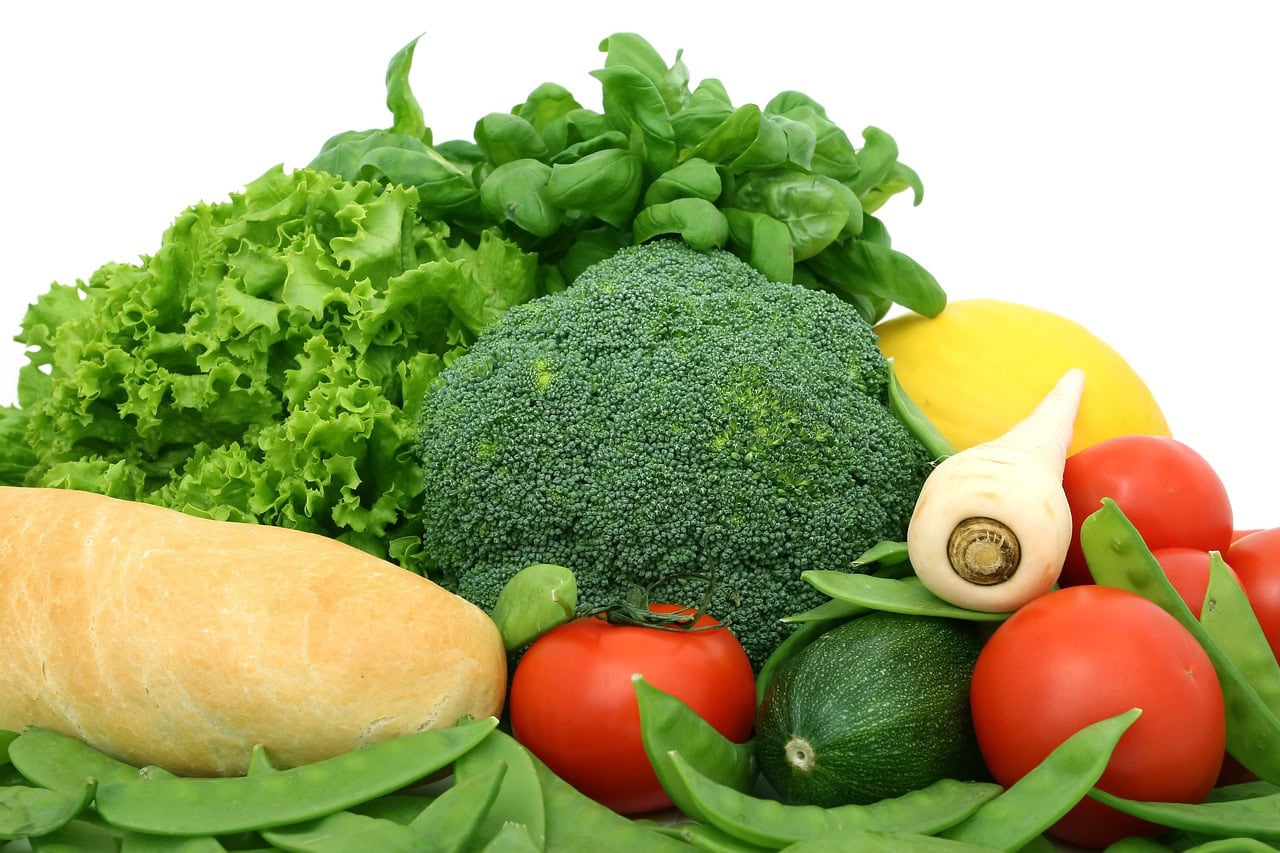


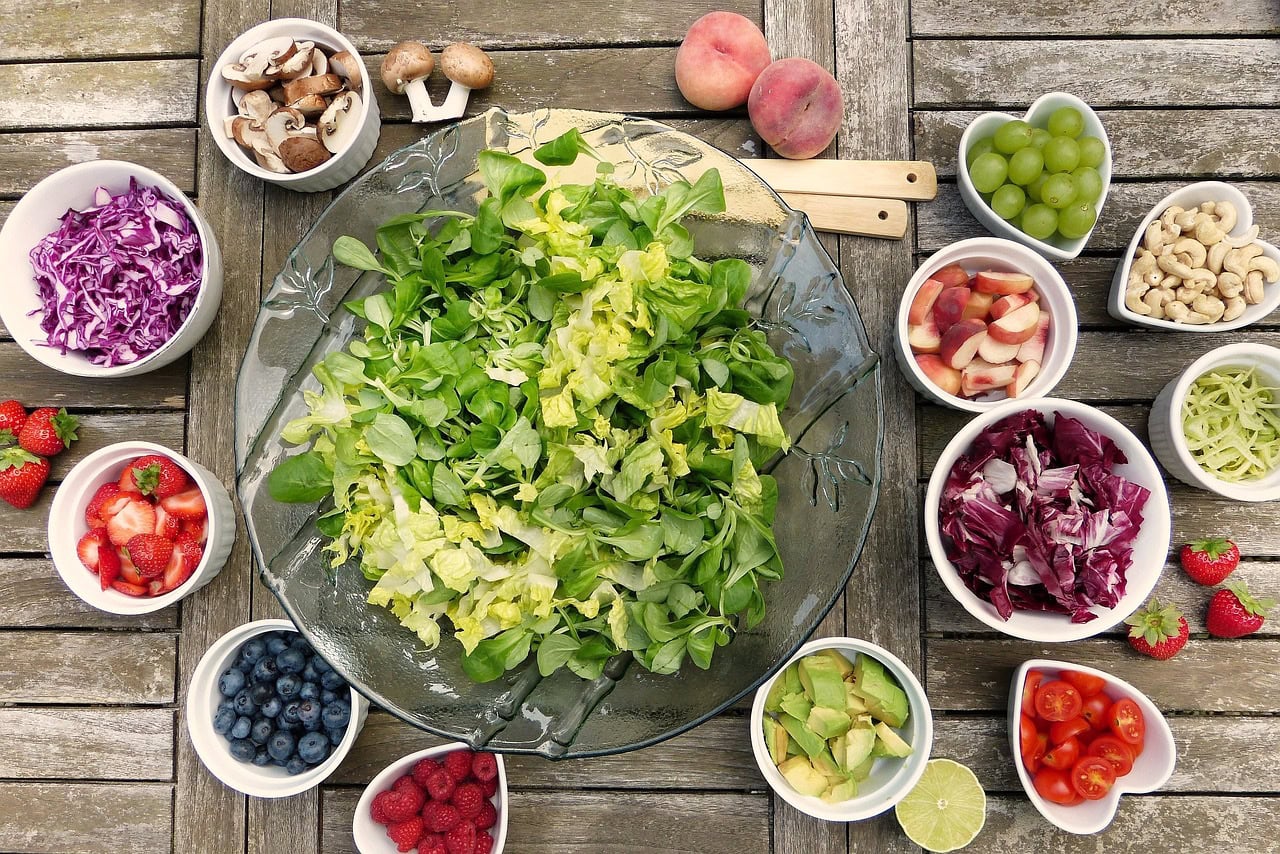


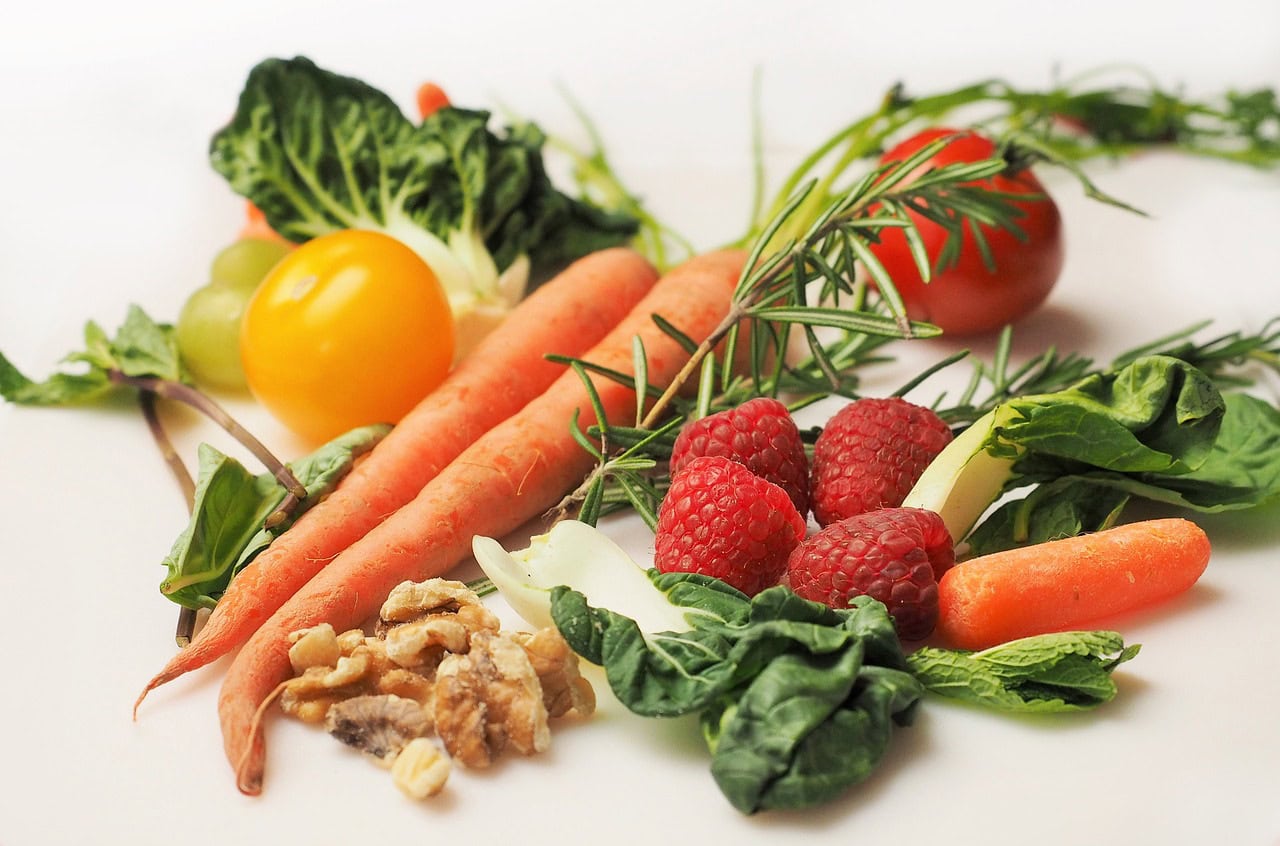
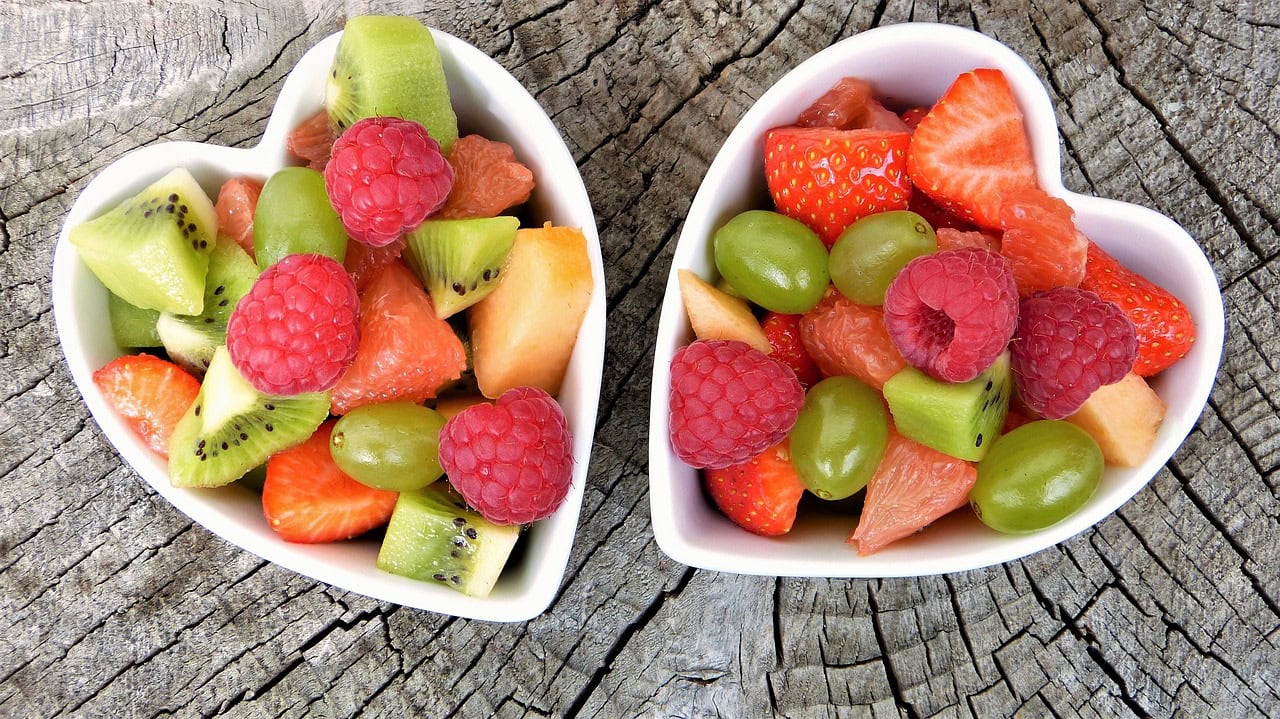
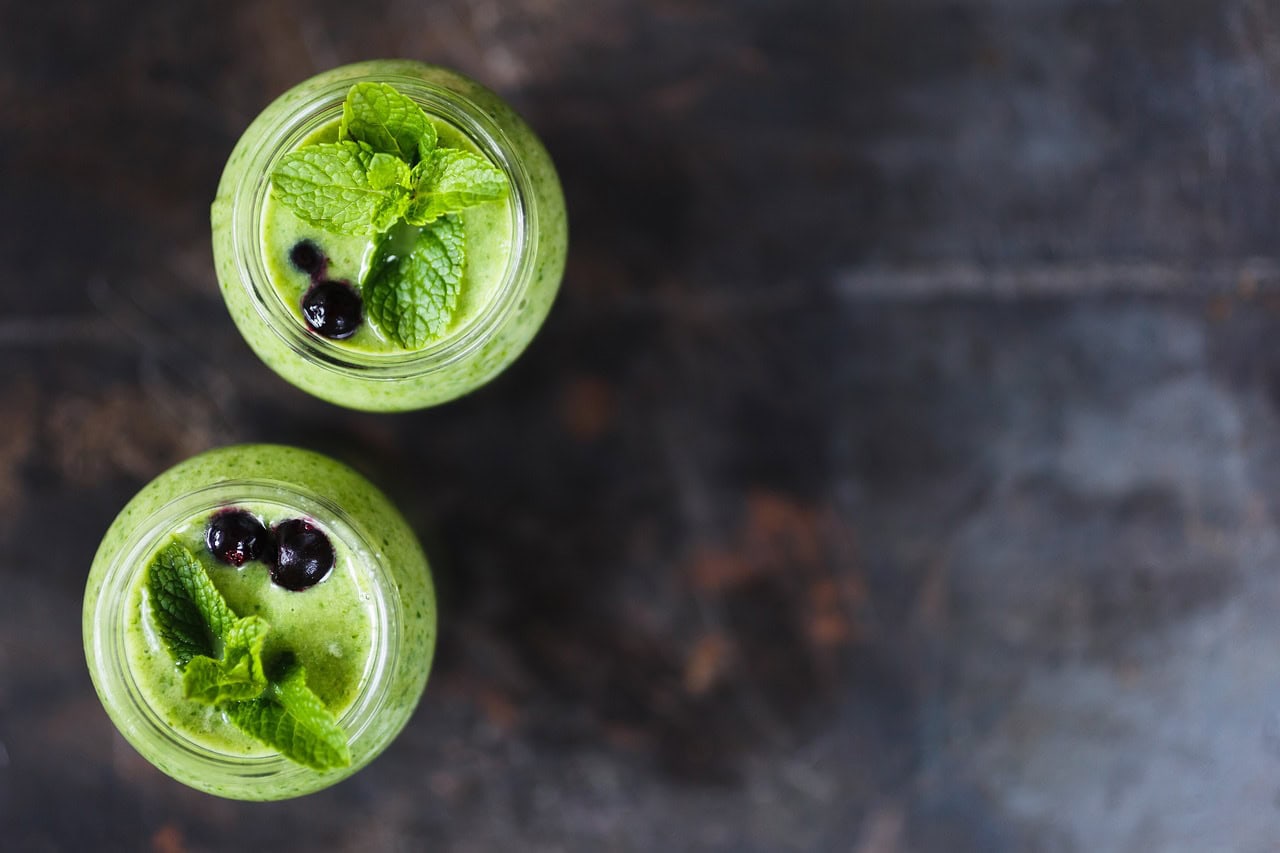


Your post on the Menopause Diet 5 Day Plan is a fantastic resource for those navigating weight loss during menopause. The structured approach and specific meal plan make it easy to follow and implement. I appreciate how you address the unique challenges faced during menopause and provide practical solutions. The emphasis on balanced nutrition and sustainable habits is particularly encouraging. Thank you for sharing such a thoughtful and helpful guide.
A menopause diet focusing on nutrient-dense whole foods can help balance hormones and support weight loss.